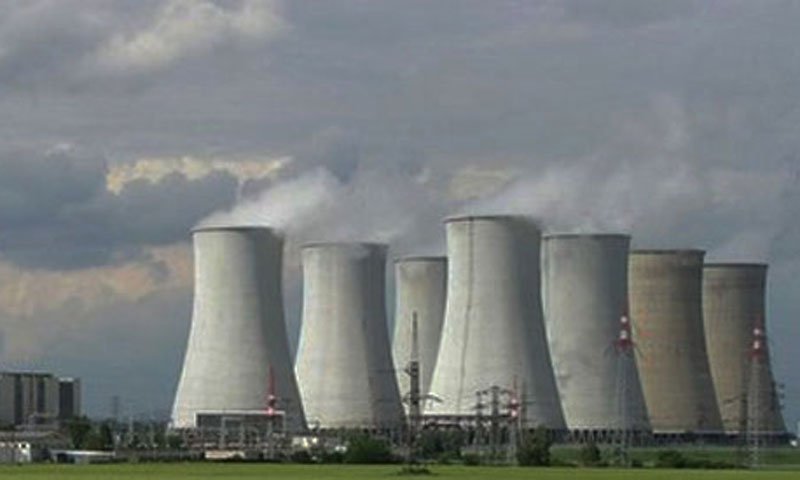Thirty-five years ago, President Gorbachev sought Jeffrey Sachs, a renowned US economic adviser, for his financial expertise on economic reforms in Soviet Union. Sachs, aware of US aid to states in crisis, proposed a plan to the White House, only to be rejected. In 1991, President Yeltsin made a similar approach to Sachs, but US support remained elusive. Unbeknownst to Sachs, the later-revealed Wolfowitz Doctrine shed light on the US’s true intentions towards Russia, highlighting missed opportunities for economic and democratic progress.
The New York Times got information on the Wolfowitz Doctrine in 1992. It was named after the then-Undersecretary of Defense for the United States, Paul Wolfowitz. The policy’s basic points emphasized “stamping out rivals wherever they may emerge” and emphasized American primacy in a post-Soviet world at any cost. Furthermore, the leadership of the United States would make defense agreements the cornerstone of its foreign policy and unintentionally use treaties to monopolize the world’s arms trade. It would also strengthen dependency on gear made in the United States and stop allies from creating their defense systems. Eventually, interoperability served as the foundation for the union of opposing groups inside NATO.
The US victory over the Soviet Union led to the Wolfowitz Doctrine. The expulsion of the Soviets from Afghanistan and the successful war against Saddam Hussein showcased the US military might. The doctrine allowed the integration of Germany and Japan into a US-led system of collective security, but Russia fell off the radar. Its peaceful gestures were rebuffed, and guarantees regarding NATO’s expansion were forfeited.
US Secretary of State James A. Baker III assured Gorbachev that NATO would not expand under any circumstances. He emphasized that NATO was the mechanism for securing US presence in Europe and acknowledged the importance of providing guarantees to the Soviet Union and other European countries. He stated that if the US kept its presence in Germany within the framework of NATO, not an inch of NATO’s current military jurisdiction would spread in an eastern direction. Additionally, he emphasized that Germany’s unification would not result in NATO’s military spreading to the East.
As the United States became aware of its privileged position as an uncontested power, it reverted to Baker’s word. However, these “guarantees” were given to the Soviet Union and not to Russia. Taking advantage of this technicality, the US pushed for former Warsaw Pact countries like Poland, Czechoslovakia, and Hungary to join NATO at the Washington Summit in 1999. Russia opposed this inclusion, but besides a symbolic murmur, Moscow was unable to prevent this move. Despite its reduced size and sphere of influence, Russia continued to assert itself as a key player in international affairs.
After 9/11, Putin cooperated with the US and provided crucial data for the invasion of Afghanistan. He also convinced former Central Asian states to open supply routes for the US war on terror. However, the US did not reciprocate or show gratitude for Russia’s help. Instead, it established bases in Uzbekistan and Kyrgyzstan, which made Russia feel like the US was encroaching on its territory. Despite Putin’s friendly efforts and innovative thinking, NATO and the United States did not waver from their Cold War mindset. Instead, they aggressively expanded the alliance. In 2004, seven countries – Bulgaria, Estonia, Latvia, Lithuania, Romania, Slovakia, and Slovenia – were granted NATO membership. The alliance had moved beyond Germany, contrary to Baker’s promise, and was now standing firmly at Russia’s doorstep. Even George Kennan, the former American ambassador to the Soviet Union and the architect of containment, rejected the idea of NATO expansion and warned of its dire consequences. He believed that this “fatal error” could “inflame the nationalistic, anti-Western and militaristic tendencies in Russian opinion.”
Later in 2007, Putin grew increasingly vexed with the hubris exhibited by his Western peers. At the Munich Security Conference, Putin voiced his belief that the expansion of NATO had no correlation with the Alliance’s modernization or with Europe’s security. He regarded it as a grave provocation that eroded the degree of mutual confidence. Putin queried the motives underpinning the expansion and questioned its intended target. Additionally, he highlighted the apparent disregard for the promises made by Western partners following the disbandment of the Warsaw Pact.
Putin’s discomfort was intensified by the United States’ unwillingness to grant Russia an equal peer status. The political elite in Russia also felt that the US had no intention of collaborating with them respectfully and responsibly. The Kremlin believed that Washington was following a plan, which was formulated in 1992, to exert its influence on the world and eliminate any competition that arose. Putin was further convinced of this by America’s meddling in Ukraine’s political affairs and their attempts to steer the country towards becoming a member of NATO and the EU. The tension between the two parties ultimately led to the Euromaidan Revolution, exacerbating the political schism in Ukraine over time.
For Putin, the special military operation started in Ukraine in 2022 was imperative for demonstrating to the transatlantic alliance that Russia possesses the strength to resist any further expansion. Putin maintains that the unfulfilled commitments made by Baker to Gorbachev remain unresolved and that the Wolfowitz Doctrine should not be extended. He believes that the boundary should be firmly established.
It has been two years since Russia crossed the border into Ukraine, causing a resurgence of the Cold War. This conflict is not merely a battle for Ukraine’s sovereignty; it is a strategic maneuver to uphold the United States’ dominance in the European theater. The U.S. is keen on maintaining its hegemonic position in the region, safeguarding its interests, and ensuring the longevity of the Wolfowitz Doctrine. Despite hopes for a thaw in US-Russia relations, it appears that the legacy of the Wolfowitz Doctrine continues to shape global geopolitics, hinting at potential challenges and conflicts on the horizon.






